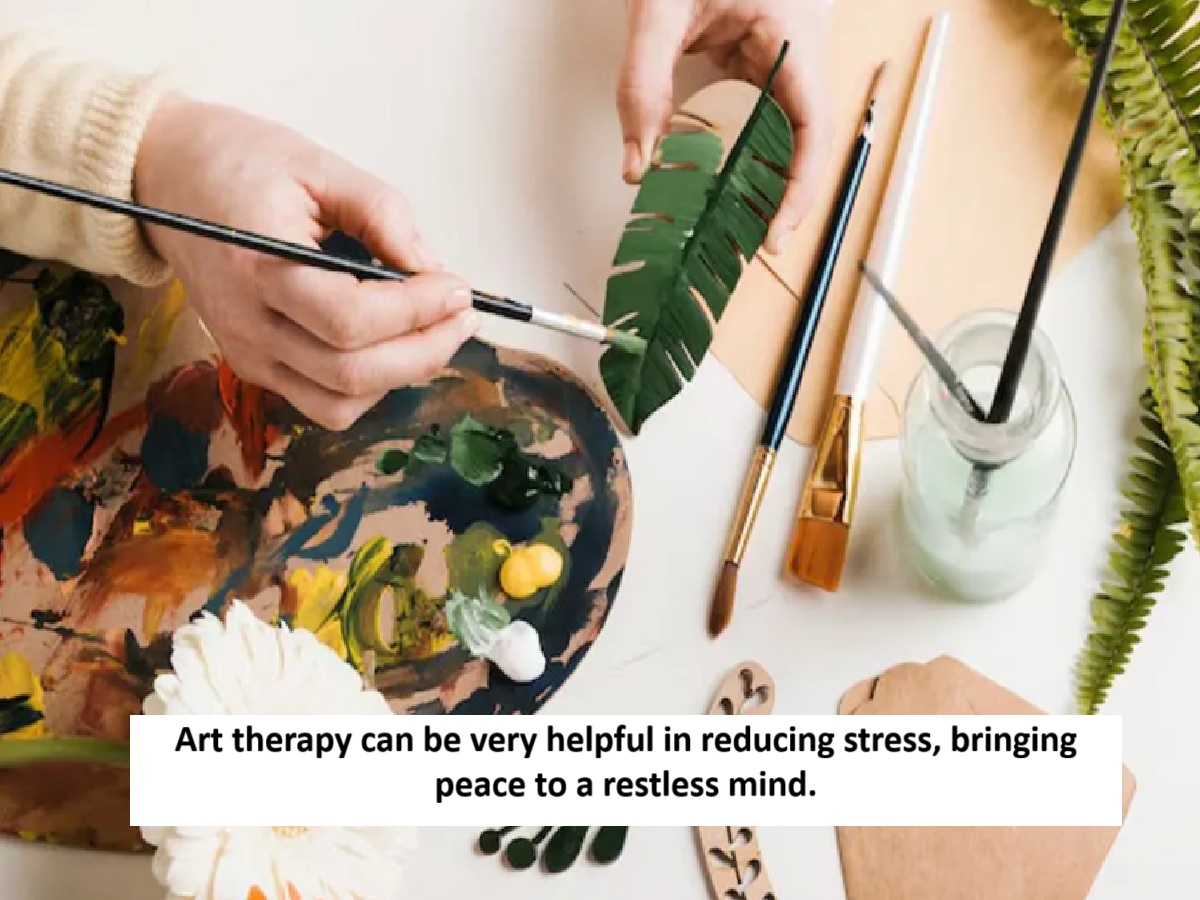
News Topical, Digital Desk : In this fast-paced world, stress has become a part of almost everyone's life. Some people resort to meditation or yoga to manage it, while others find solace in their creativity. Bollywood actress Sonakshi Sinha is one of those for whom painting is not just a hobby, but a form of art therapy.
Yes, in an interview, Sonakshi revealed that whenever she felt sad, she would turn to painting. Painting completely calmed her mind (Art Therapy Benefits). She felt as if she had reached another world. However, she also revealed that after meeting her husband, she stopped painting, but her husband, Zaheer Iqbal, constantly reminds her to pick up the brush again, as this is her true therapy.
What is art therapy?
Art therapy is a therapeutic process that uses art to express and understand emotions. It's not just for artists. The focus here is not on the perfection of the art, but on the process of creating it. Whether you're playing with colors or writing, the goal is to lighten the burdens of the mind.
How does art therapy help reduce stress?
According to a report published in the National Library of Medicine, art therapy helps reduce stress by creating a balance between body and mind. Unlike traditional "talk therapy," it emphasizes the expression of emotions, not words. When a person creates art, their attention shifts from their worries to the art itself, which provides mental peace.
Through art, people express emotions that are difficult to express in words. Through colors, melodies, or stories, they delve into the depths of their minds, and this process gradually reduces stress. It increases self-awareness, strengthens self-confidence, and improves mental balance.
mind-relaxing process
Numerous studies have found that art therapy not only improves mood, but also helps with sleep, concentration, and emotional balance. When a person connects with their creativity, their brain releases “feel-good” hormones like dopamine, which reduce stress and sadness.
--Advertisement--

 Share
Share



